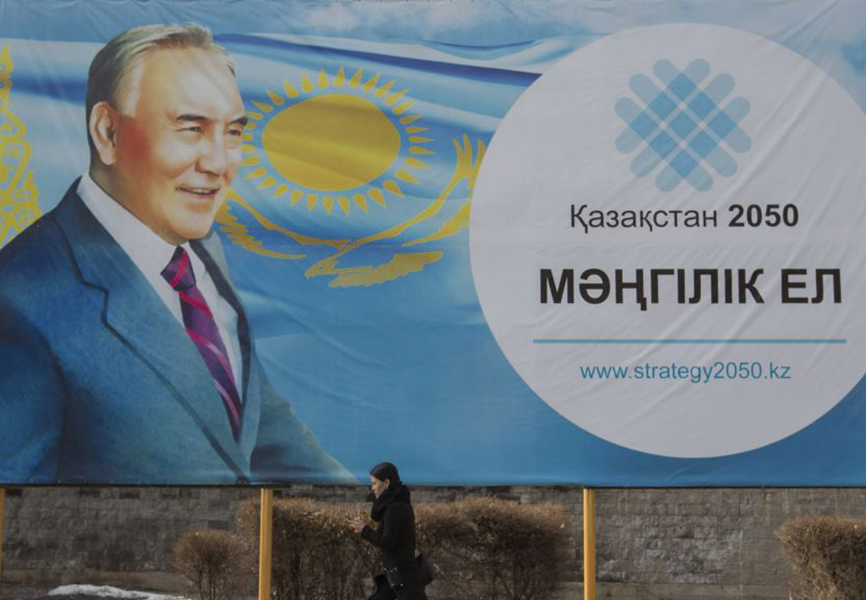Leaders in Kazakhstan, Uzbekistan, Turkmenistan, Tajikistan and Kyrgyzstan were hardly ecstatic when the USSR broke up. But once it happened, they fiercely guarded their independence, recasting themselves as strong nationalists where they had once been committed communists.
Their nationalism was in part aimed at creating post-Soviet, and in some senses post-Russian identities – some leaders de-Russified their names and revived the roman alphabet in place of the Cyrillic. It also appeared in the search for partners beyond Moscow. The region established ties with the US, Europe, Turkey, South Asia, and Iran. In time, the largest new player, of course, would be Beijing -- Chinese investment in the region has skyrocketed over the last decade and will keep growing as Beijing pursues its trillion dollar One Belt One Road infrastructure campaign.
The region established ties with the US, Europe, Turkey, South Asia, and Iran.
But Russia still plays a huge role in Central Asia, and considers the region its sphere of influence. Kazakhstan, Uzbekistan, and Turkmenistan all export oil or gas through Russia, while Kyrgyzstan and Tajikistan depend hugely on remittances from low-wage workers in Russian cities. There are still ethnic Russian minorities in these countries – including a fairly large and vociferous one in northern Kazakhstan. And Russian is still the only real lingua franca in the region.
But while the geopolitical environment became (somewhat) more diverse for Central Asia after 1991, the domestic political and economic scenes did not. Most Central Asian countries are still mired in repressive autocracies. The one exception is Kyrgyzstan, which has revolted against two authoritarian leaders, but continues to struggle with political instability and internal frictions.
Most Central Asian countries are still mired in repressive autocracies.
Economically, although living standards have increased, most states are still highly dependent on natural resource exports, especially oil and gas, or they are very poor. A surge of oil and gas production has boosted their economies – Kazakhstan enjoyed double-digit growth in the early 2000s. But it also left them at the mercy of commodities prices, as their leaders failed to diversify their economies in good times and have found it hard to make the switch when prices fall.
Twenty-five years on from the collapse of the Soviet Union, Central Asia has yet to fully embrace the opportunities that the retreat of Soviet power presented.



